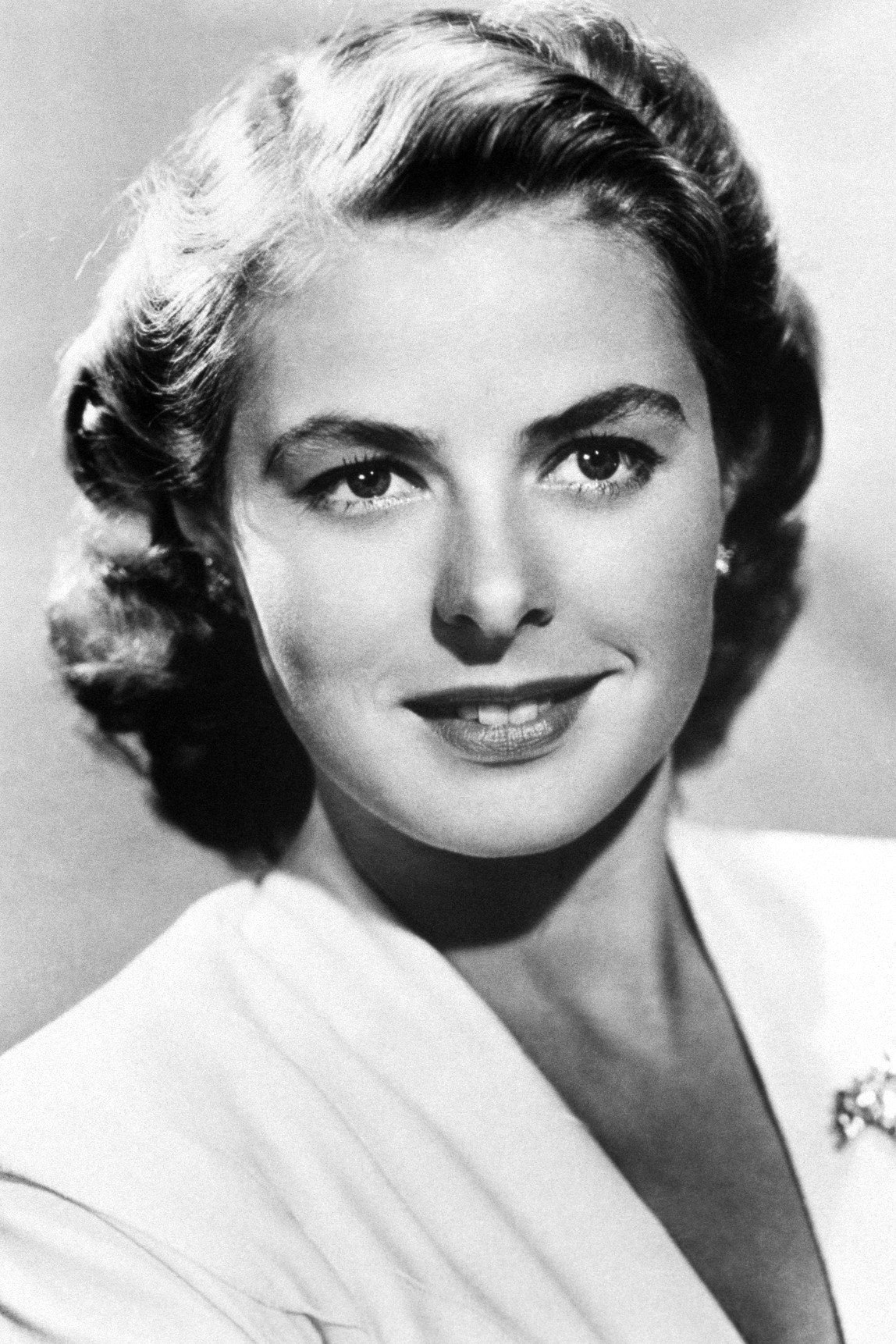

The film focuses on the icon of Hollywood’s golden age, Humphrey Bogart, and is framed around his relationships with the five formidable women in his life – his mother and his four wives, including Lauren Bacall. Featuring unprecedented access to rare footage from the estate, and narrated exclusively in his own words, ‘Bogart: Life Comes in Flashes’ explores his journey to become the of star of timeless classics ‘Casablanca,’ ‘Maltese Falcon’’ and ‘The Big Sleep.’ Each relationship offers a deep and intimate understanding of a man for whom stardom was hard won and much deserved.
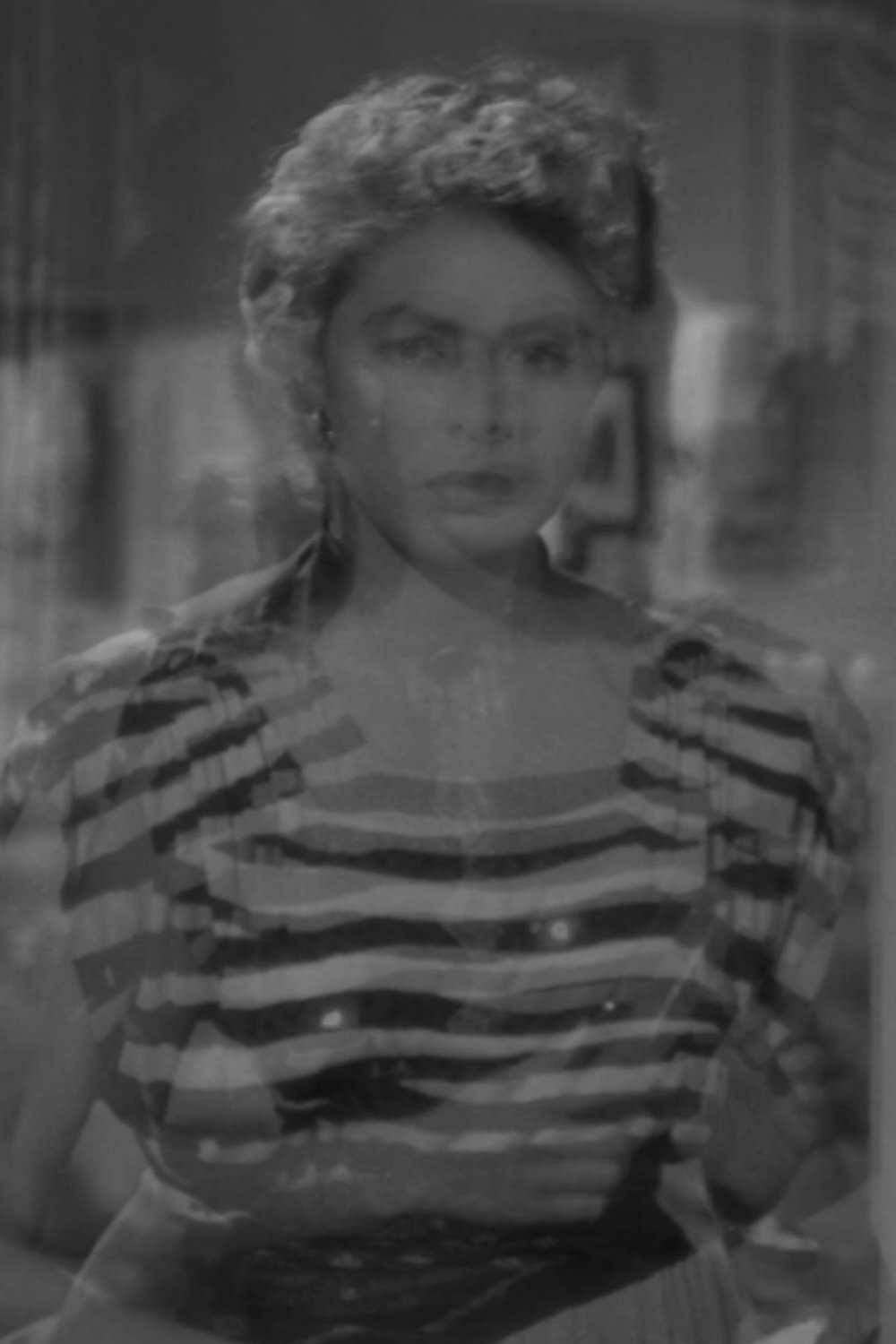
To forget about the end of a relationship, a woman fantasizes about an ideal one. Fantasy and reality begin to melt into one another, but the past finds a way to rear its head again. Films used: Notorious (1946) Gaslight (1944)

A laid-back journey in search of one of the world’s most fascinating families, observed and examined from within its most intimate relationships, where the truth and depth of a memoir meet the ironic tone of an indie comedy.
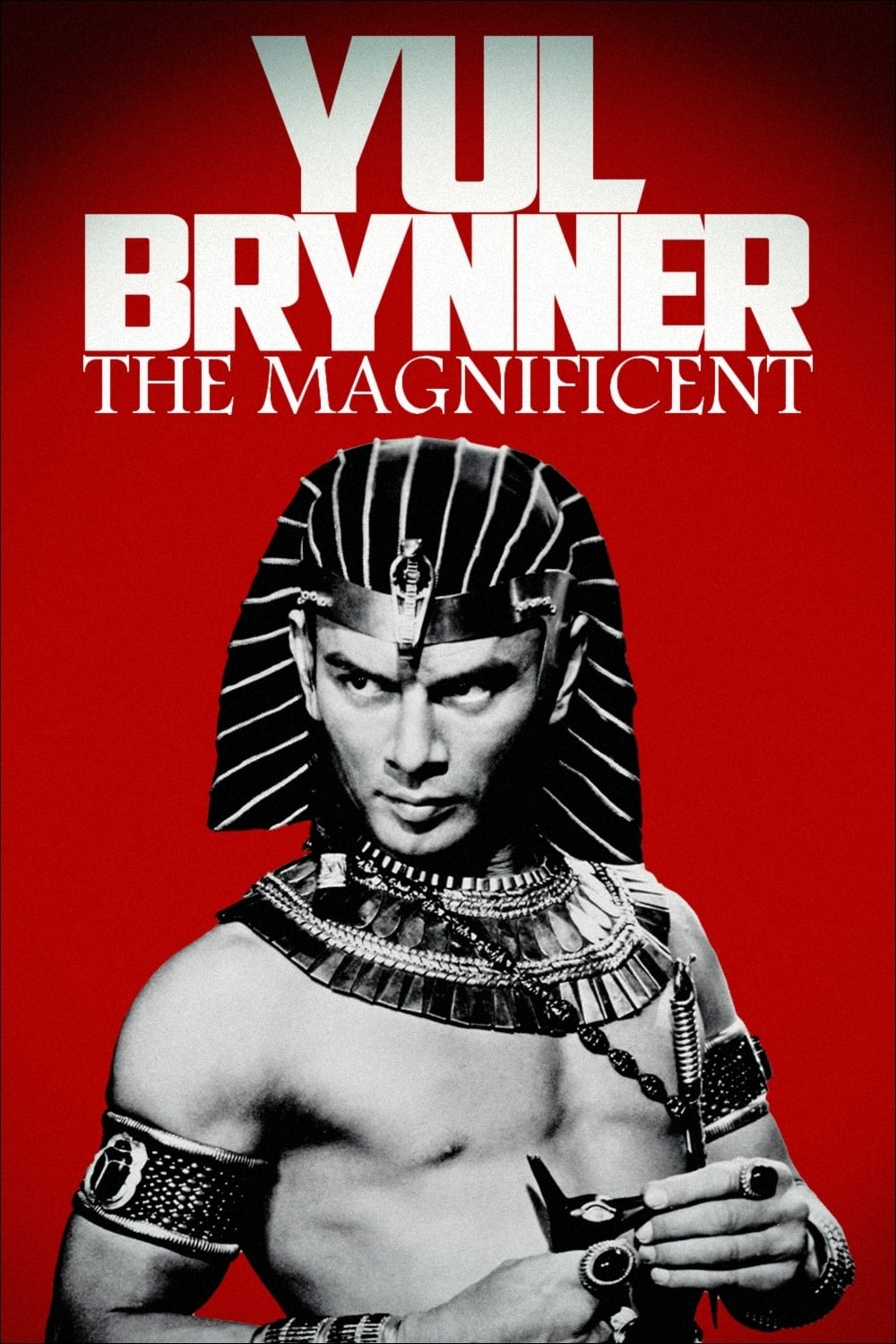
The incredible story of the mythical Russian-American actor and filmmaker Yul Brynner (1920-85), the most exotic sex-symbol since Rudolph Valentino; the story of the atypical destiny of an international nomad: from the Parisian cabarets to the stages of Broadway and the Hollywood studios. The rise to fame of a multidisciplinary genius who became a king of the screen.
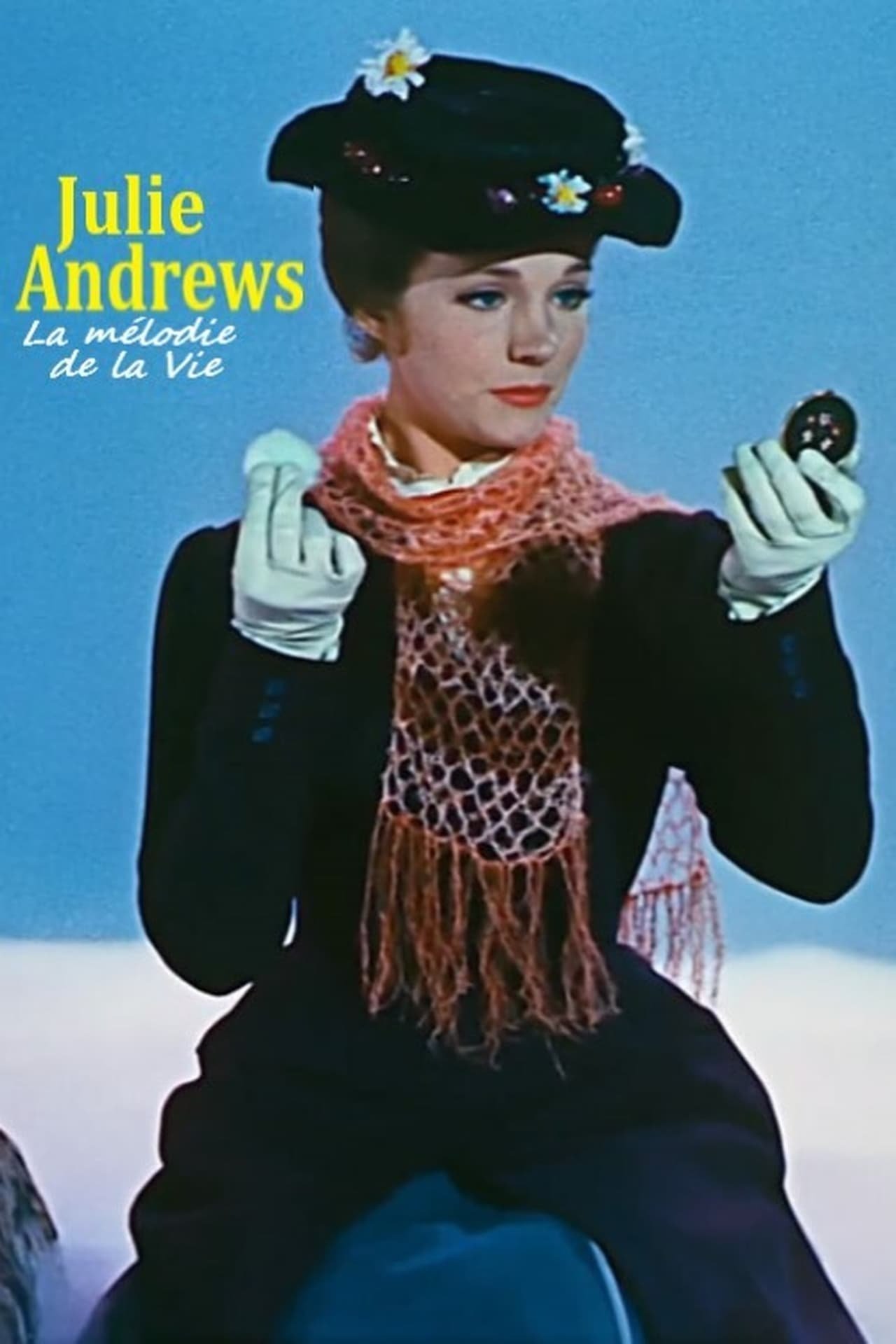
Julie Andrews starred in Hollywood productions that have become iconic movies, winning an Oscar for her performance as Mary Poppins, a symbol of the magic of musicals from the 1960s. And yet, behind the squeaky-clean image hides a much more tortuous career, with its moments of glory and tough times, all of which explain the longevity of a story that is still being written.

For the first time one of Hollywood's greatest stars tells his own story, in his own words. From a childhood of poverty to global fame, Cary Grant, the ultimate self-made star, explores his own screen image and what it took to create it.

Film journalist and critic Rüdiger Suchsland examines German cinema from 1933, when the Nazis came into power, until 1945, when the Third Reich collapsed. (A sequel to From Caligari to Hitler, 2015.)
Original newsreels, clips from Roberto Rossellini films starring the actress, and above all, astonishing home movies made largely by Ingrid Bergman herself: they all go into this story of the great Hollywood star's Italian years, from 1948 to 1956. Eight years that cover her memorable love affair with Roberto Rossellini, their three children and five unforgettable films. It's an Italian journey through Ingrid's eyes, here in an unusual role as "director", and an emotional and at times exotic look at the country, part family life, part Dolce Vita. The narrator for the occasion is the actress herself, in interviews and other stock footage, with the exception of a letter to Roberto Rossellini which is the stuff of legend, read by their daughter Isabella.
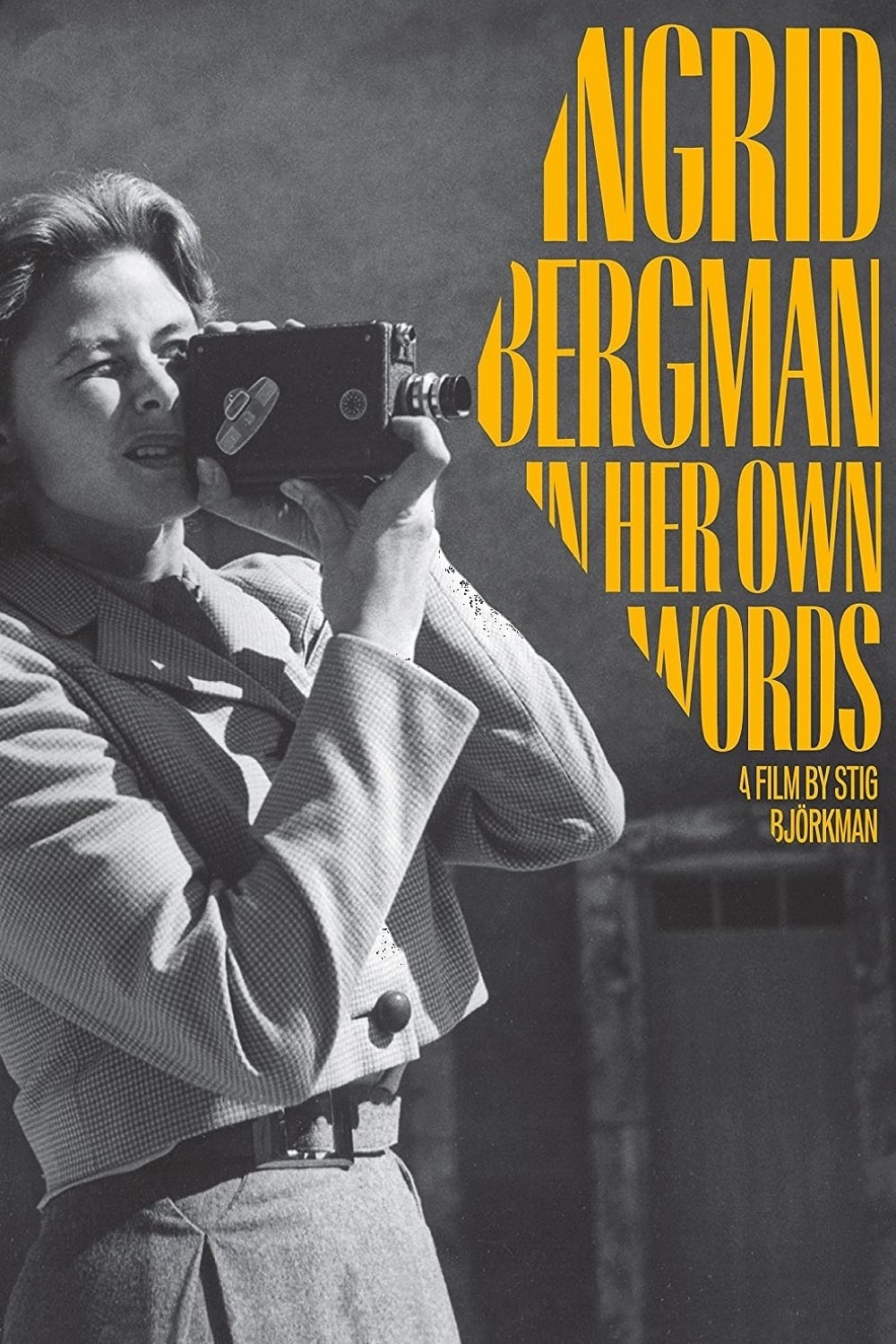
A personal and captivating account of the extraordinary life and work of Ingrid Bergman (1915-82), a young Swedish woman who became one of the most celebrated actresses in world cinema.
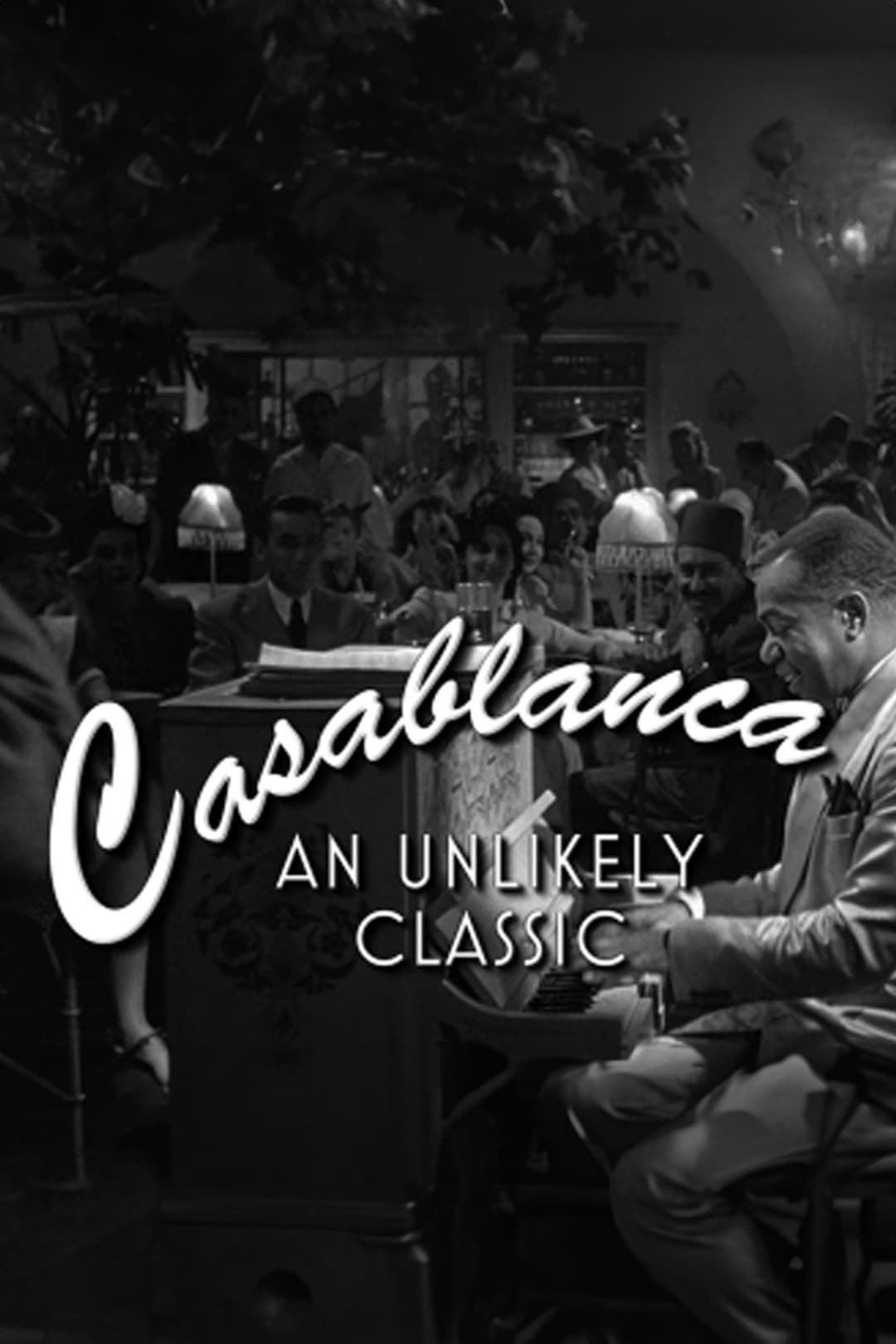
The behind-the-scenes story of how "Casablanca" became an American film classic.
Ingrid Bergman (August 29, 1915 – August 29, 1982) was a Swedish actress who starred in a variety of European and American films, television movies, and plays. With a career spanning five decades, she is often regarded as one of the most influential screen figures in cinematic history. According to the St. James Encyclopedia of Popular Culture, upon her arrival in the U.S. Bergman quickly became "the ideal of American womanhood" and a contender for Hollywood's greatest leading actress. David O. Selznick once called her "the most completely conscientious actress" he had ever worked with. In 1999, the American Film Institute recognised Bergman as the fourth greatest female screen legend of Classic Hollywood Cinema. She won numerous accolades, including three Academy Awards, two Primetime Emmy Awards, a Tony Award, four Golden Globe Awards, BAFTA Award and a Volpi Cup. She is one of only four actresses to have received at least three acting Academy Awards (only Katharine Hepburn has four). Born in Stockholm to a Swedish father and a German mother, Bergman began her acting career in Swedish and German films. Her introduction to the U.S. audience came in the English-language remake of Intermezzo (1939). Known for her naturally luminous beauty, she starred in Casablanca (1942) as Ilsa Lund, her most famous role, opposite Humphrey Bogart. Bergman's notable performances in the 1940s include the dramas For Whom the Bell Tolls (1943), Gaslight (1944), The Bells of St. Mary's (1945), and Joan of Arc (1948), all of which earned her nominations for the Academy Award for Best Actress; she won for Gaslight. She made three films with Alfred Hitchcock: Spellbound (1945), with Gregory Peck, Notorious (1946), opposite Cary Grant and Under Capricorn (1949), alongside Joseph Cotten. In 1950, she starred in Roberto Rossellini's Stromboli, released after the revelation she was having an affair with Rossellini; that and her pregnancy prior to their marriage created a scandal in the U.S. that prompted her to remain in Europe for several years. During this time she starred in Rossellini's Europa '51 and Journey to Italy (1954), now critically acclaimed, the former of which won her the Volpi Cup for Best Actress. She had a successful return to working for a Hollywood studio in Anastasia (1956), winning her second Academy Award for Best Actress. Soon after, she co-starred with Grant in the romance Indiscreet (1958). In 1969, she starred in the acclaimed and highly successful film Cactus Flower. In later years, Bergman won her third Academy Award, this one for Best Supporting Actress, for her role in Murder on the Orient Express (1974). In 1978, she starred in Ingmar Bergman's (no relation) Swedish Autumn Sonata receiving her sixth Best Actress nomination. Bergman spoke five languages – Swedish, English, German, Italian and French – and acted in each. In her final role, she portrayed the late Israeli Prime Minister Golda Meir in the television miniseries A Woman Called Golda (1982) for which she posthumously won her second Emmy Award for Best Actress. In 1974, Bergman discovered she was suffering from breast cancer but continued to work until shortly before her death on her sixty-seventh birthday.
By browsing this website, you accept our cookies policy.